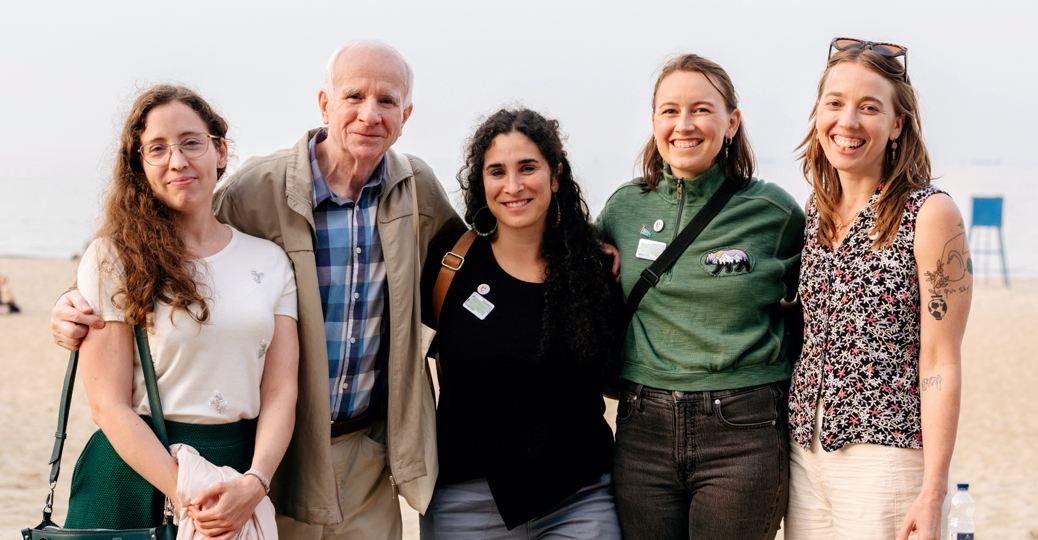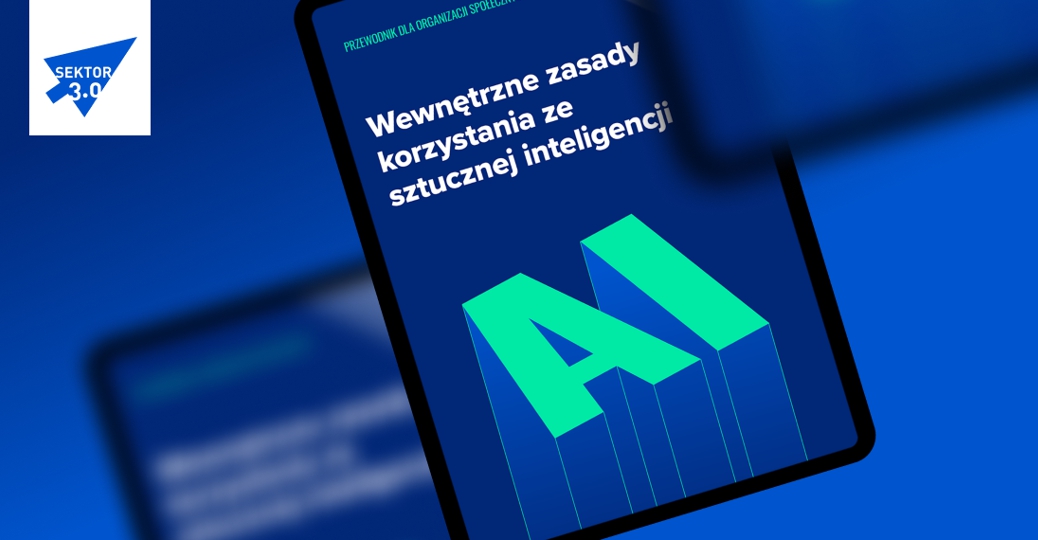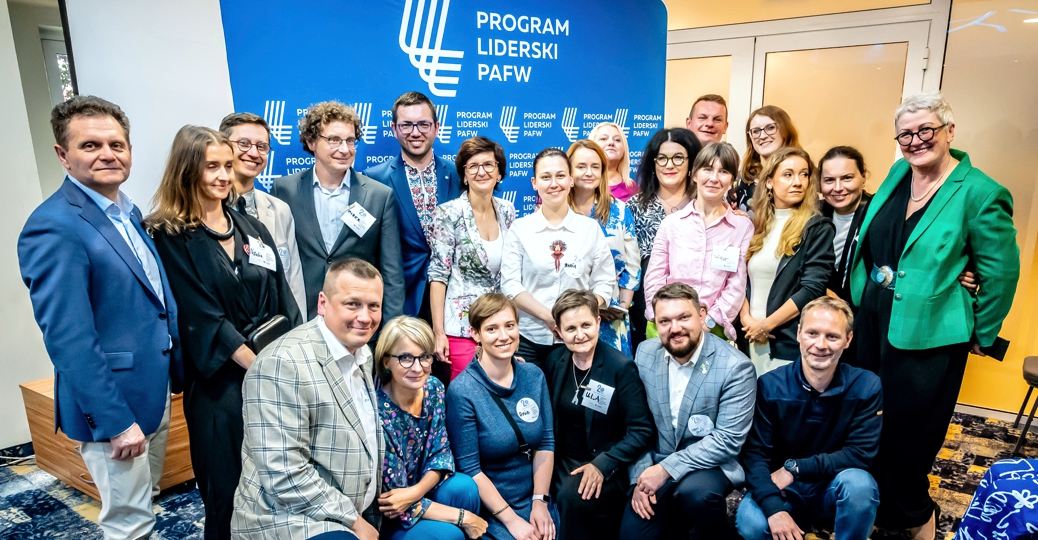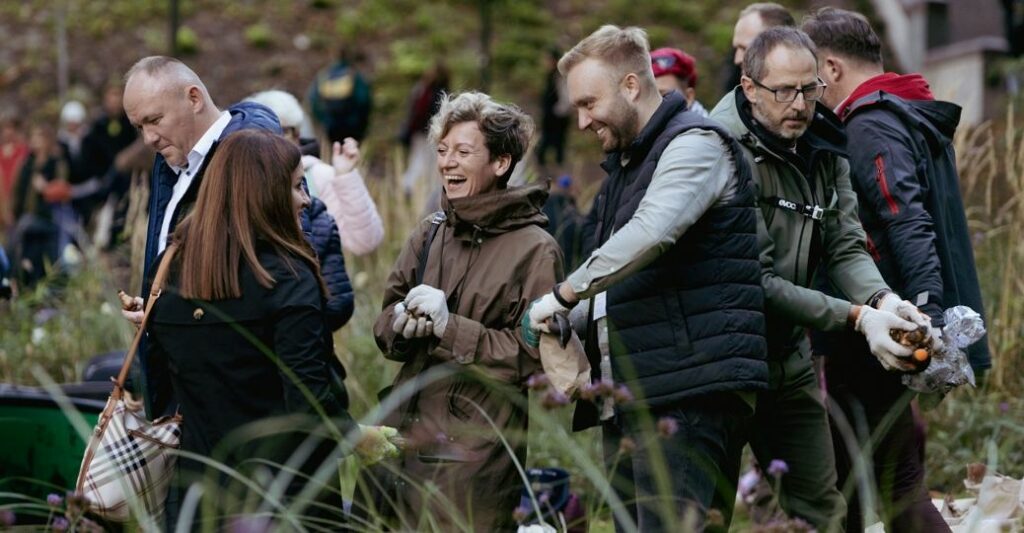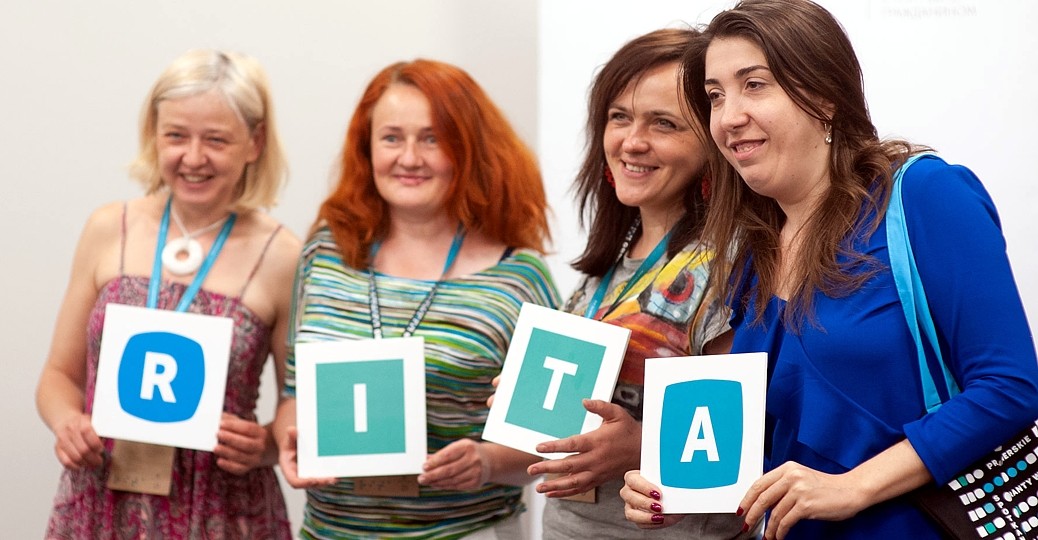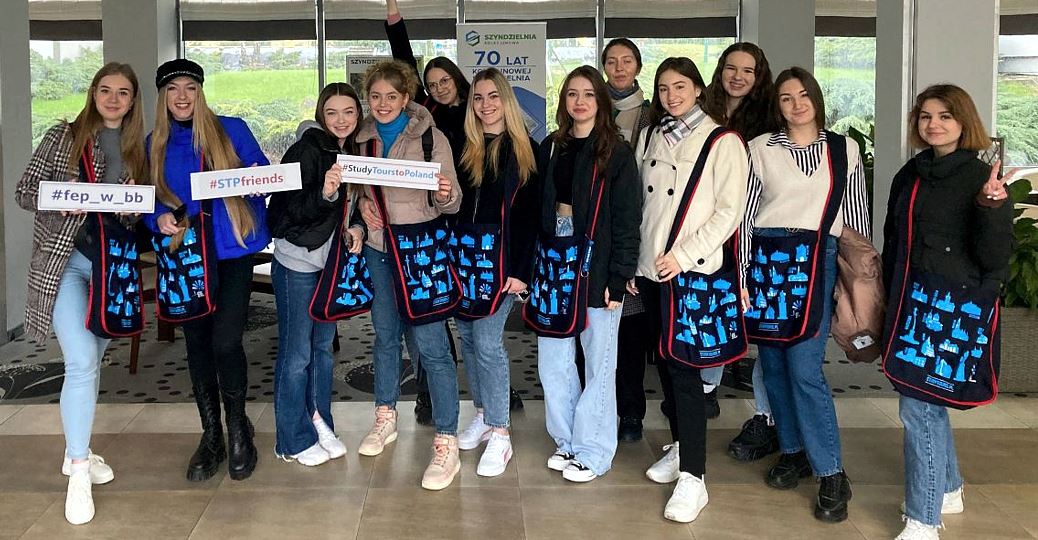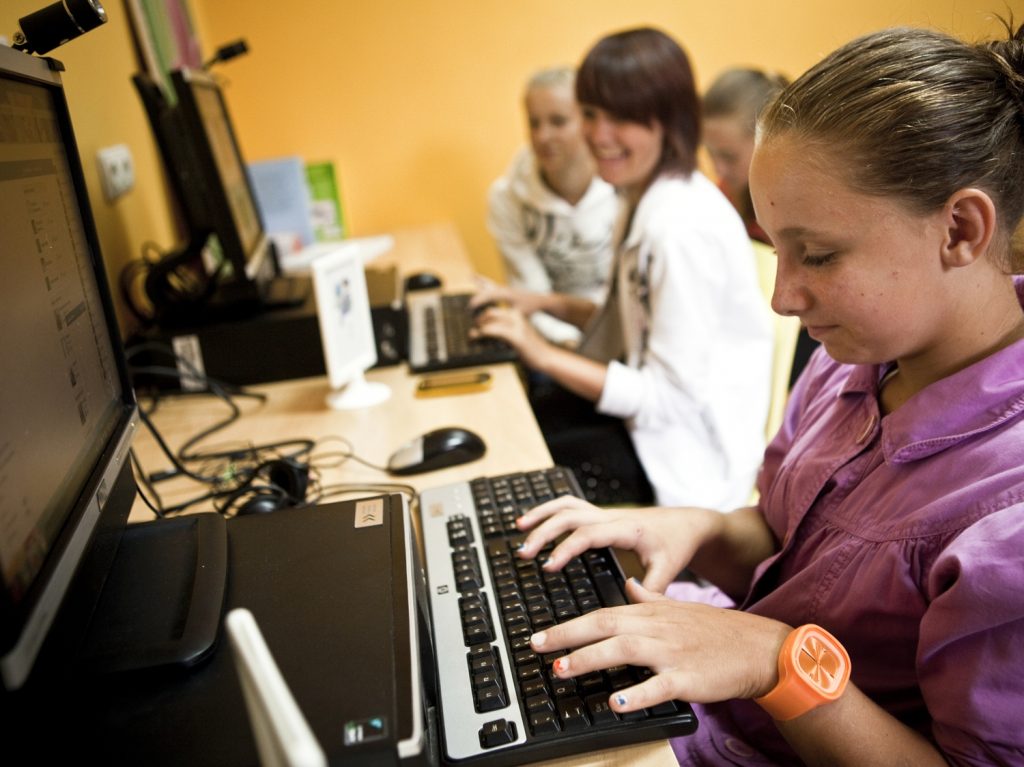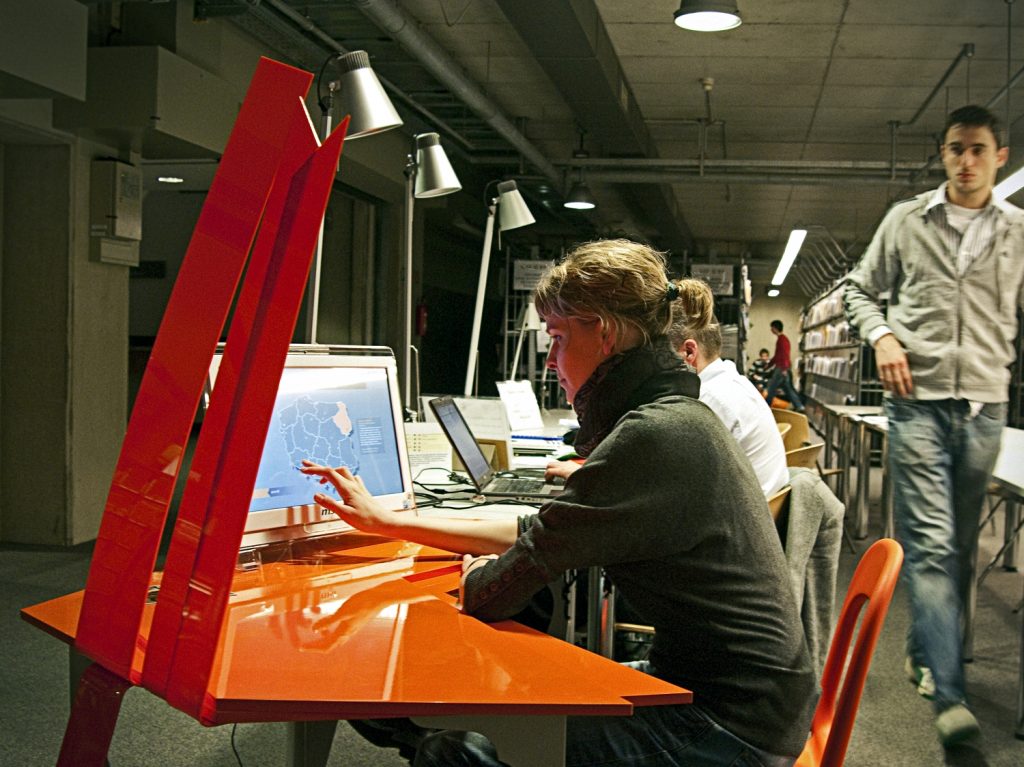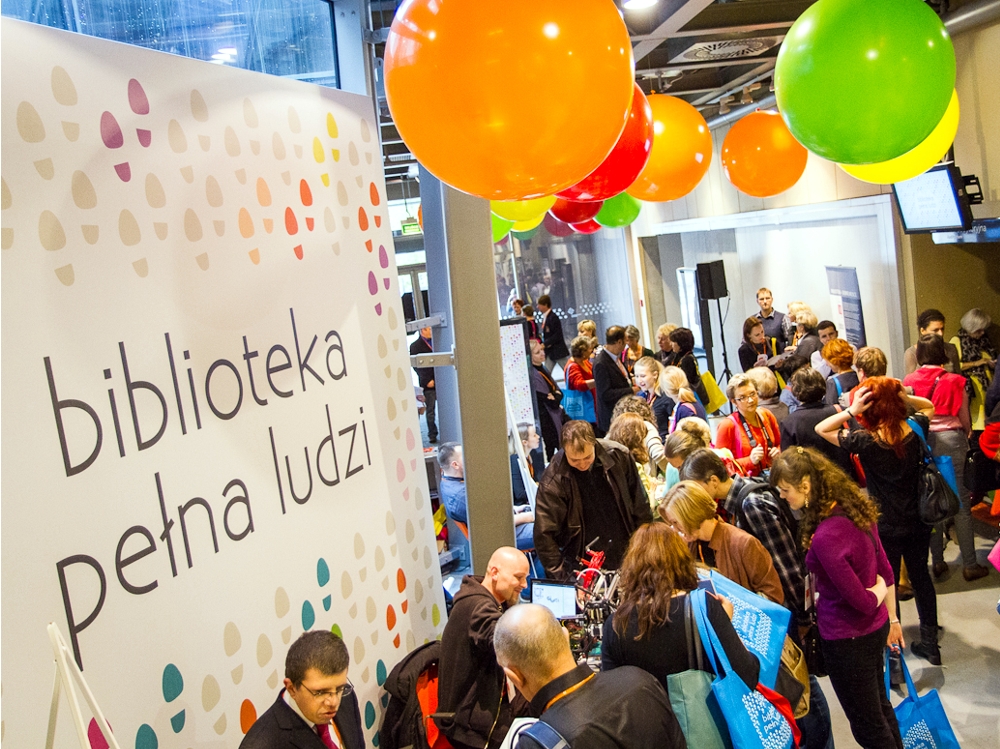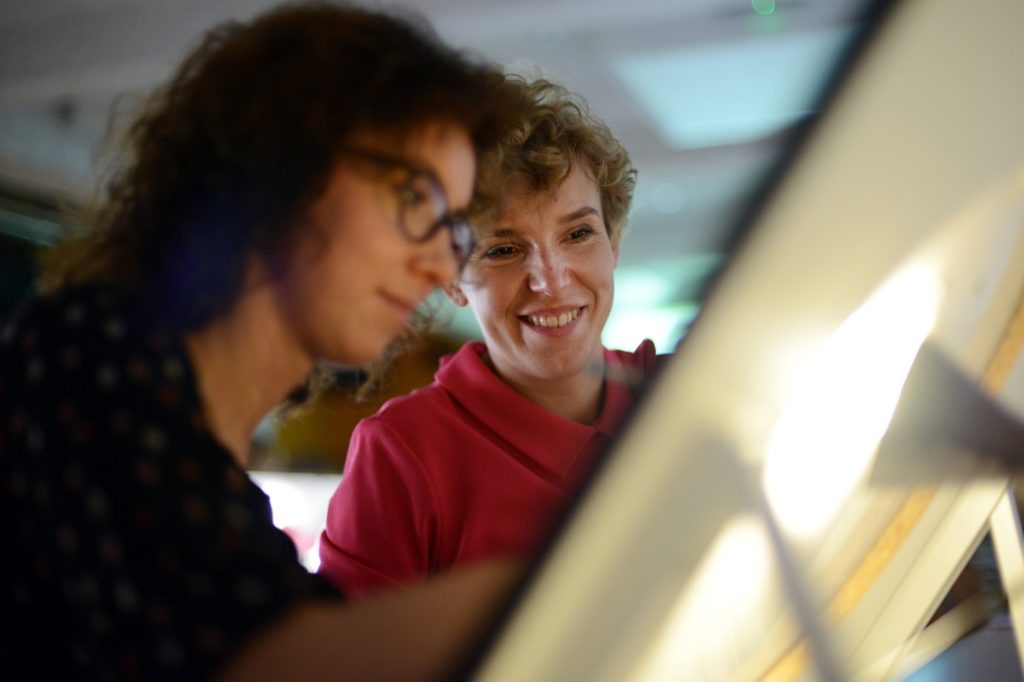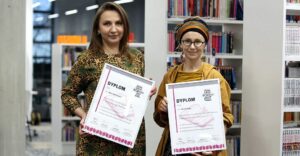Almost 250 libraries in small towns and villages and about 300 librarians representing them have joined the 4th round of the Library Development Program.
From the program’s inception it has been managed by the Information Society Development Foundation established by the Polish-American Freedom Foundation in 2008.
Over the years 2009-2015 the program was part of a broader initiative named Global Libraries and was implemented as a partnership project of the Polish-American Freedom Foundation and the Bill and Melinda Gates Foundation. It covered 3808 libraries in over 1250 rural communes and municipalities, that is almost 60 per cent of those placed in rural areas and small towns in Poland.
The Library Development Program has contributed to significant changes in both operation and image of public libraries in villages and small towns – libraries became the places of access to information, culture, education, as well as started to animate civil activity and integrate local communities. While they continue their traditional mission of popularizing readership, they got modernized as institutions and now their standard services include access to computers and high-speed Internet. Also, librarians got new image; while they continue enjoying the high level of public trust, they also got new digital, organizational, managerial, animation and advocacy competencies. ‘The program allowed libraries to meet various needs of local people and extend their offer by adding interesting classes, workshops and meetings, where new technologies play an important role. But first of all, they started to be a place of meetings where social relations are built and social capital is strengthened,’ PAFF Program Director Joanna Lempart says.
Among other things, the libraries that joined the Library Development Program received 12,000 pieces of hardware, substantive support in the form of advice and training sessions for librarians that have been attended by over 11,000 people, as well as grants and a chance to take part in study visits. Also, communication and advocacy activities were run, and National Partnership for Library Development with participation of over one hundred representatives of science, business, media, politics and third sector has been established. Set up were 16 regional partnerships with province authorities with the aim to popularize public library modernization in small towns and villages, and local partnerships were established in over 300 rural communes and municipalities. Under cooperation with public and business sector an agreement was signed with the Ministry of Culture and National Heritage and Orange on free Internet access for all public libraries in Poland from 2009 to 2015.
Since 2016 support for libraries has been continued under the strategy of enhancing sustainability of the Library Development Program’s essential stage through various training sessions, courses for library staff and their local partners, grants for extending use of ICT in selected institutions, networking and development of innovation incubators based on the library infrastructure.
‘Librarians made a great effort, they started to run activities that go far beyond their traditional role,’ President of the Information Society Development Foundation Jacek Królikowski says. ‘That deserves a lot of respect. There are few examples of professional groups that transformed themselves so much,’ he adds.
The 4th round of the Library Development Program in 2021-2022
The 4th round of the program was launched in January 2021. It is funded solely by the Polish-American Freedom Foundation. Apart from further support for the existing network of over 3,800 libraries, special support is offered to another group of 247 libraries and their branches in 79 rural communes and municipalities that enrolled to the program under the open recruitment procedure. These are public libraries in rural communes, rural and municipal communes, and towns with up to 50,000 residents.
The 4th round covers the period of 20 months of supporting libraries with training sessions, consultancy, aids and equipment. The offer is divided into several blocks. First the library staff will be invited to prepare the local diagnoses. They will do it under the eye of a specialist. That diagnosis will be the starting point for working out the Library Development Plan. The library staff shall think thoroughly the library’s mission and the scope of its services, and shall design the way of rendering these services, including the ones offered online.
Part of activities under the 4th round will be addressed to the library managements. Library directors will attend workshops on leadership and institution management using remote work tools, and specialist workshops that will help them to support library development nowadays and in the future. The libraries will also receive equipment that in the beginning will allow them to participate in the program, and next make it possible to offer part of the library’s services in a remote or hybrid form.
The program offer gives also opportunities to build relations, share experiences, and create new or join existing networks of participants such as LABiB or the Iniatives Group, in order to become a part of these communities and use their resources and experience even after that round is completed. The libraries will be able to use in practice their expertise gained in the program and initiate activities involving local community.









